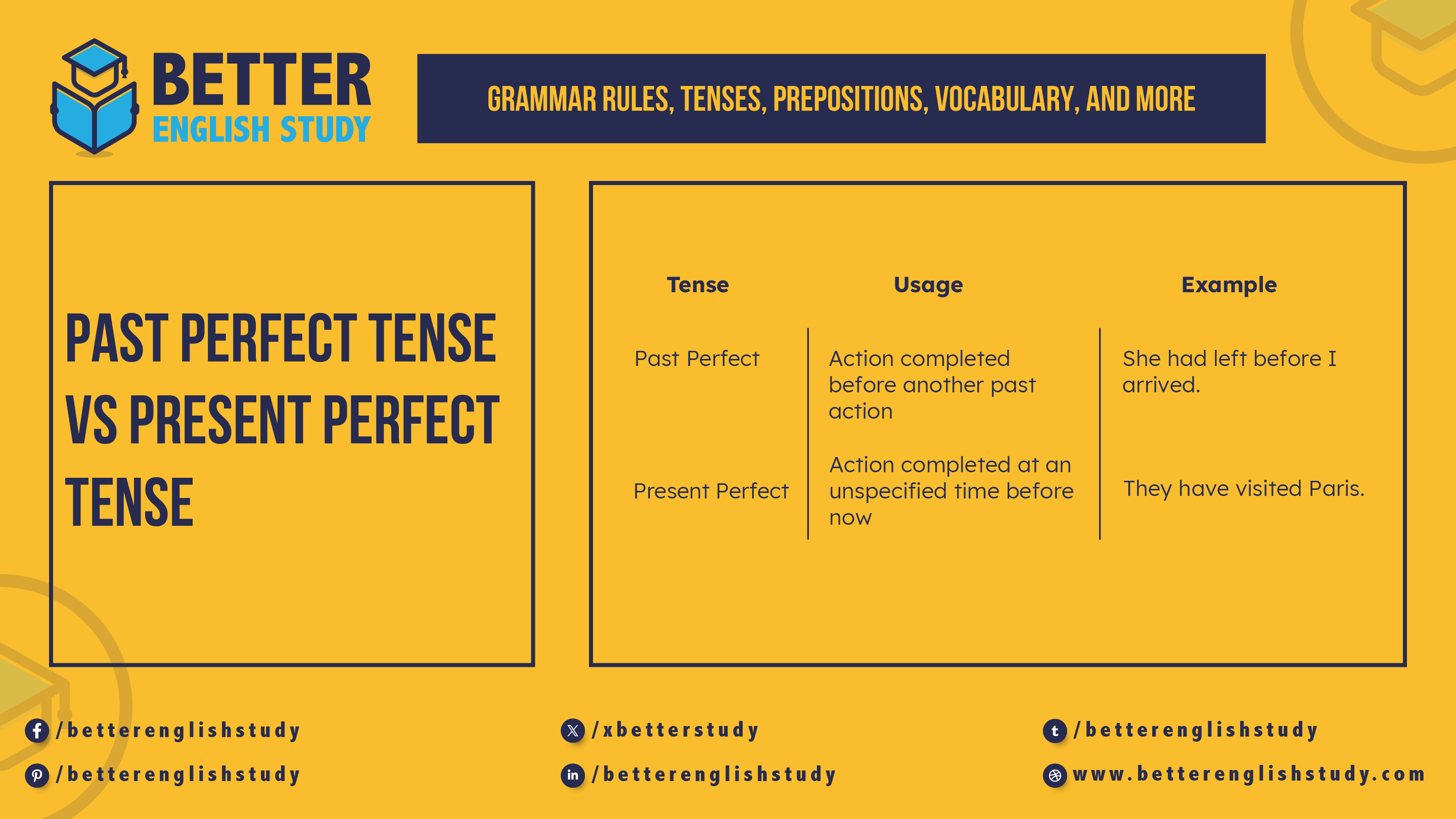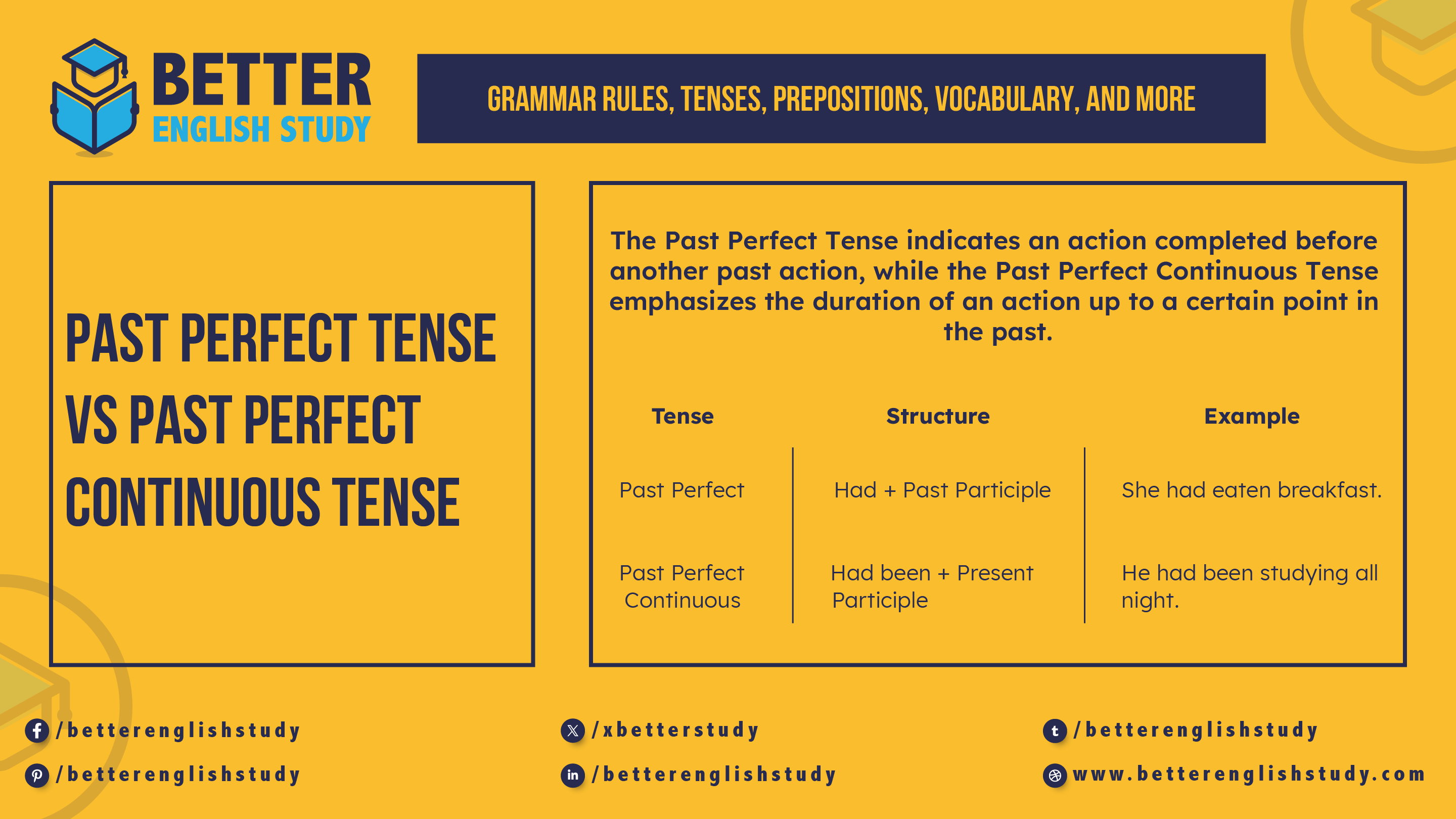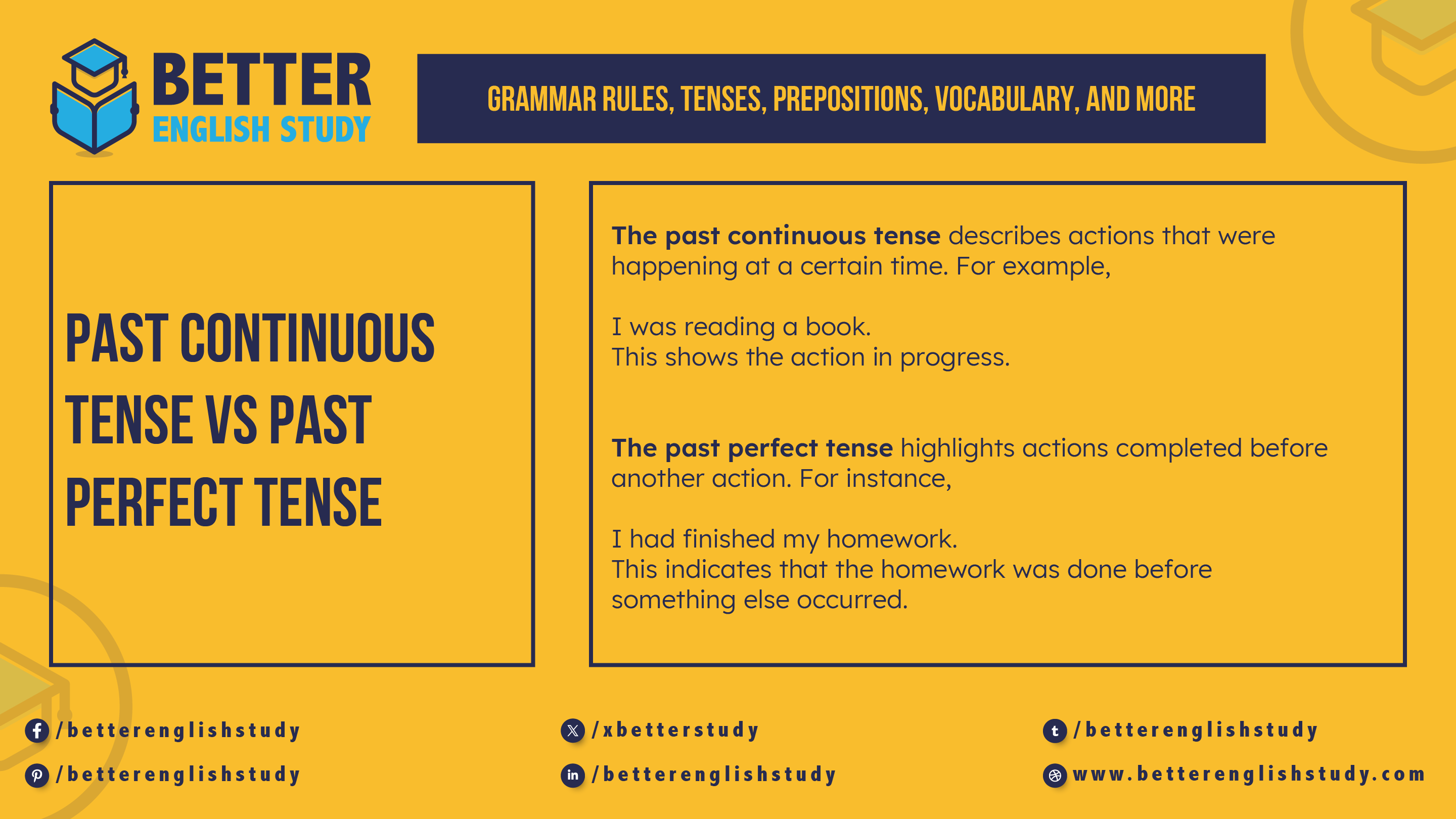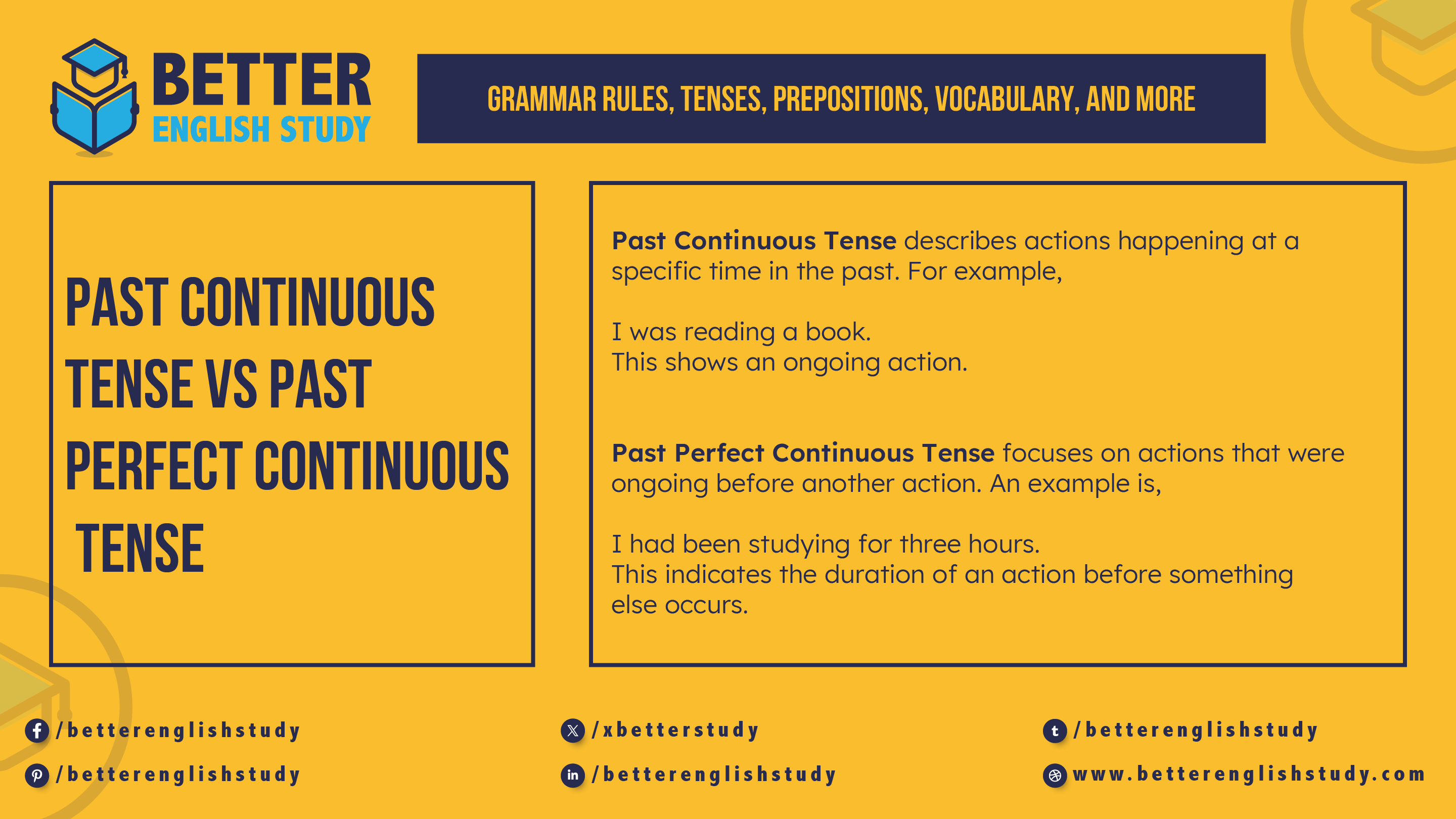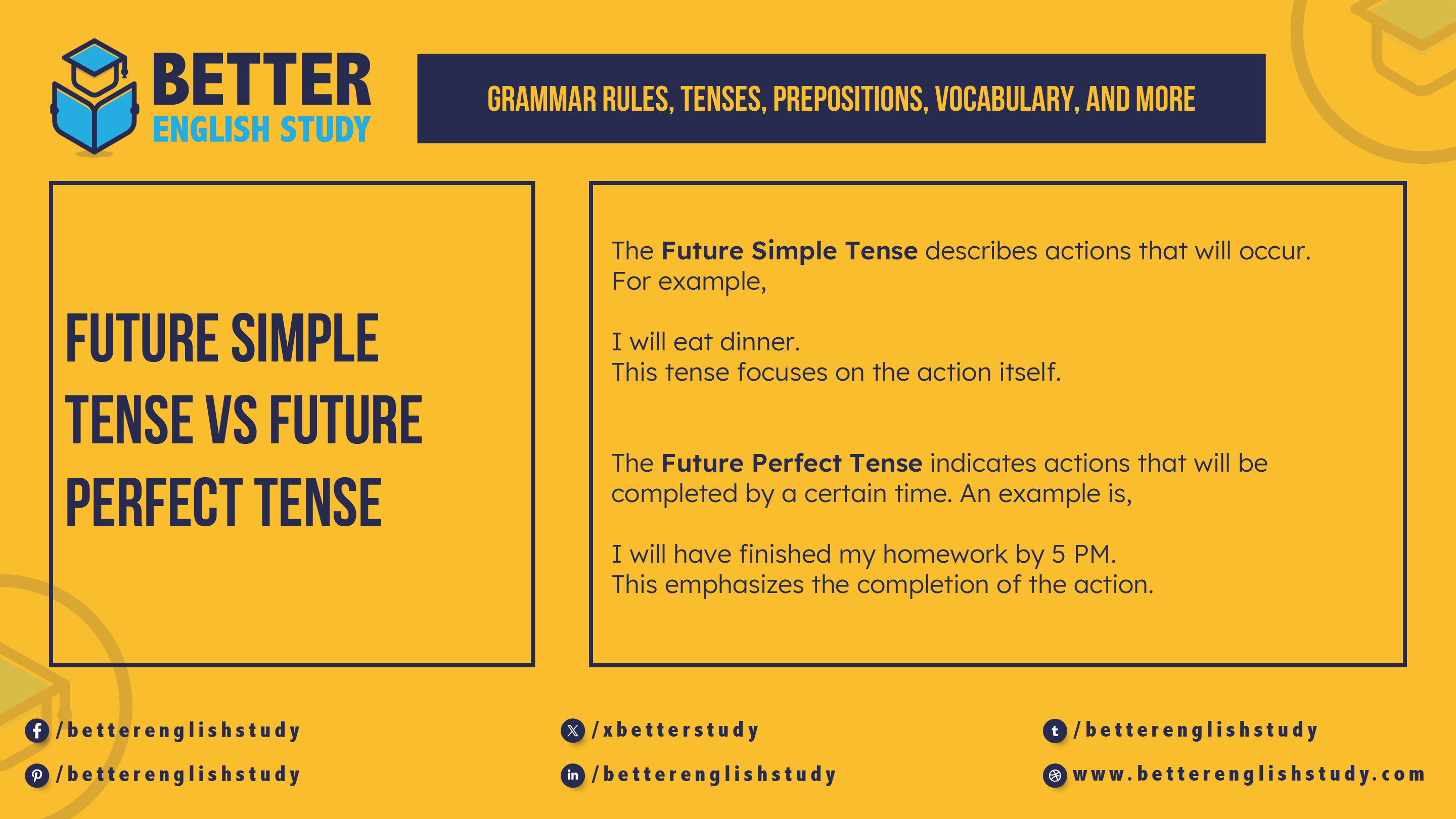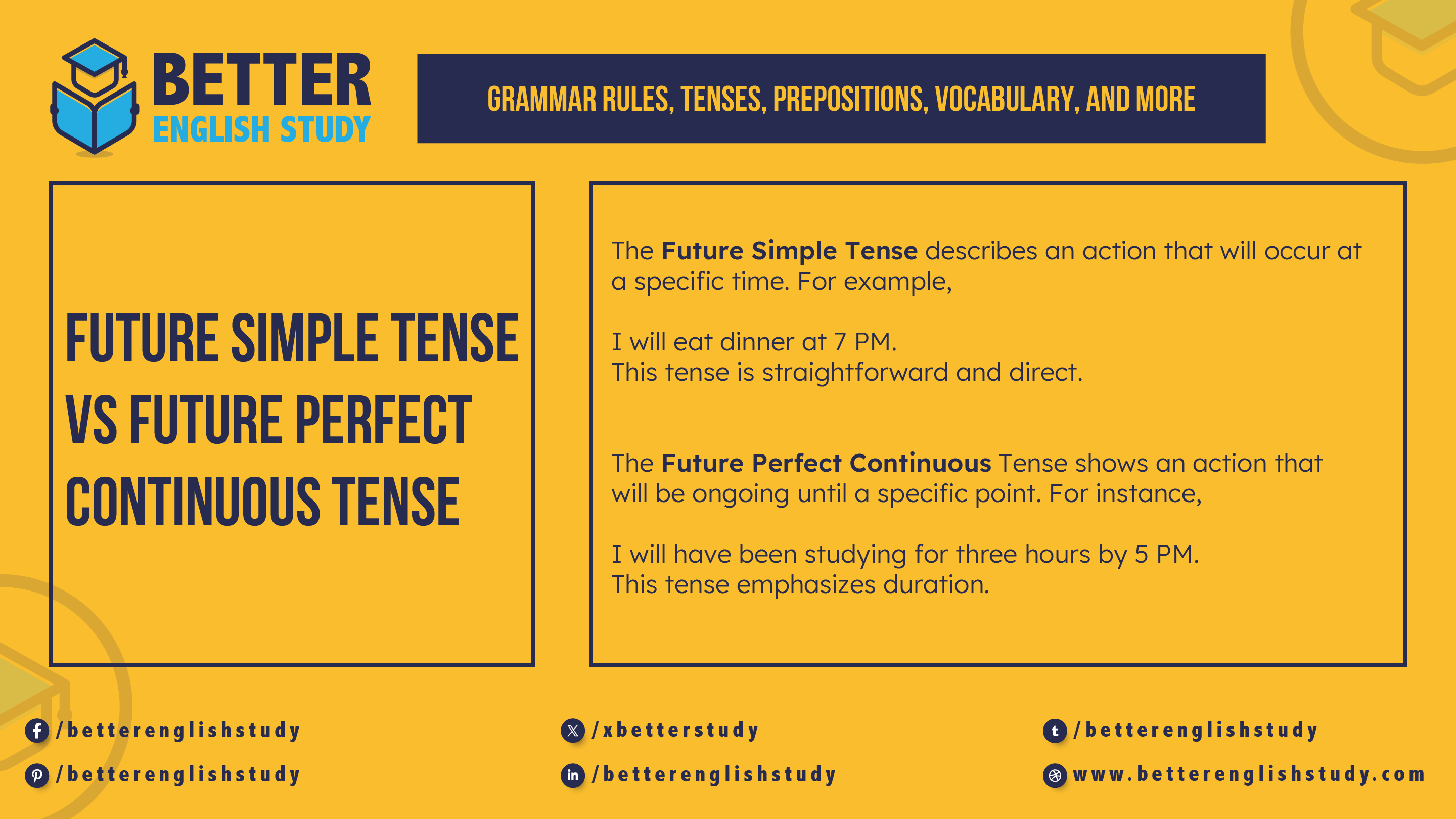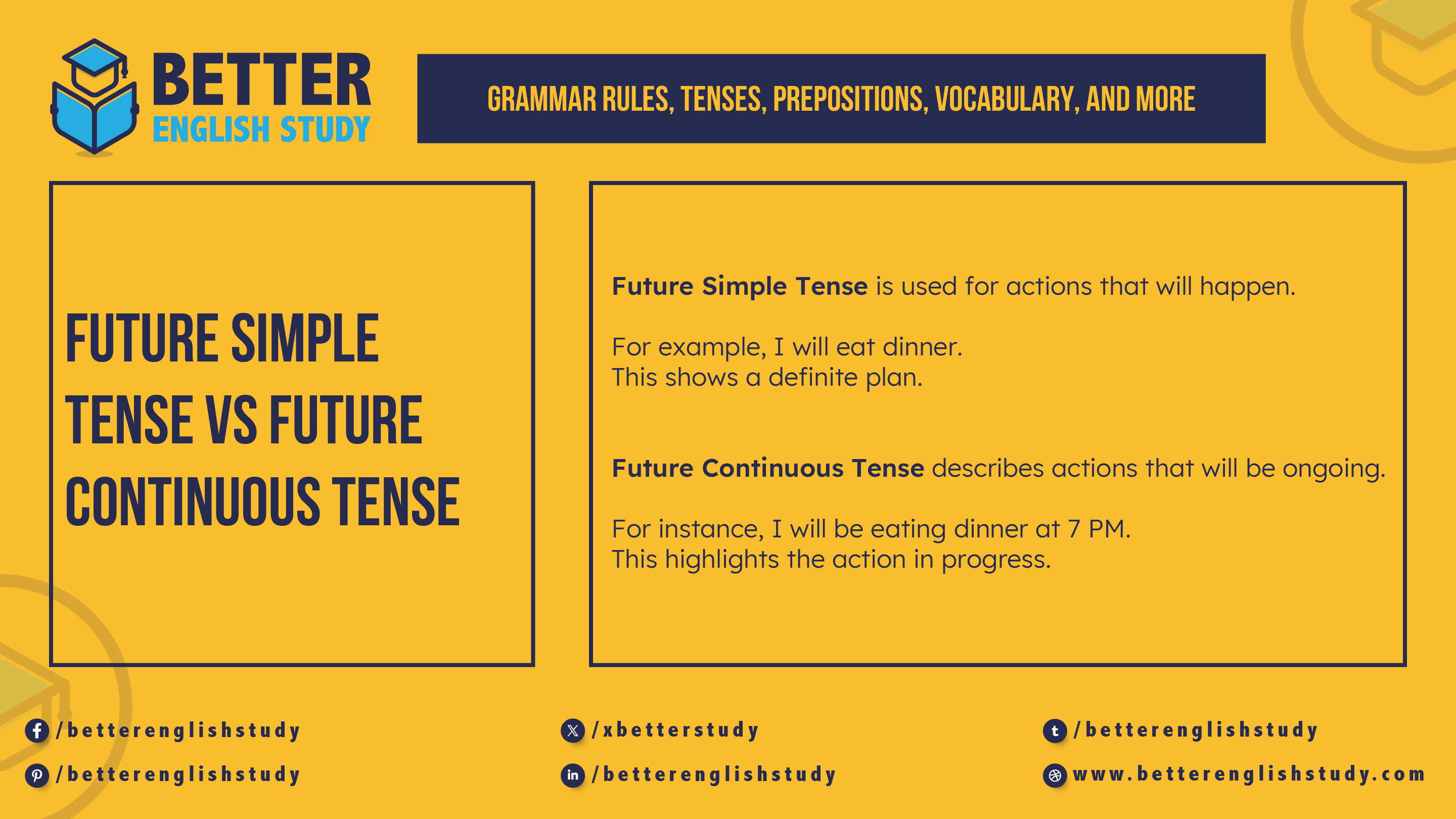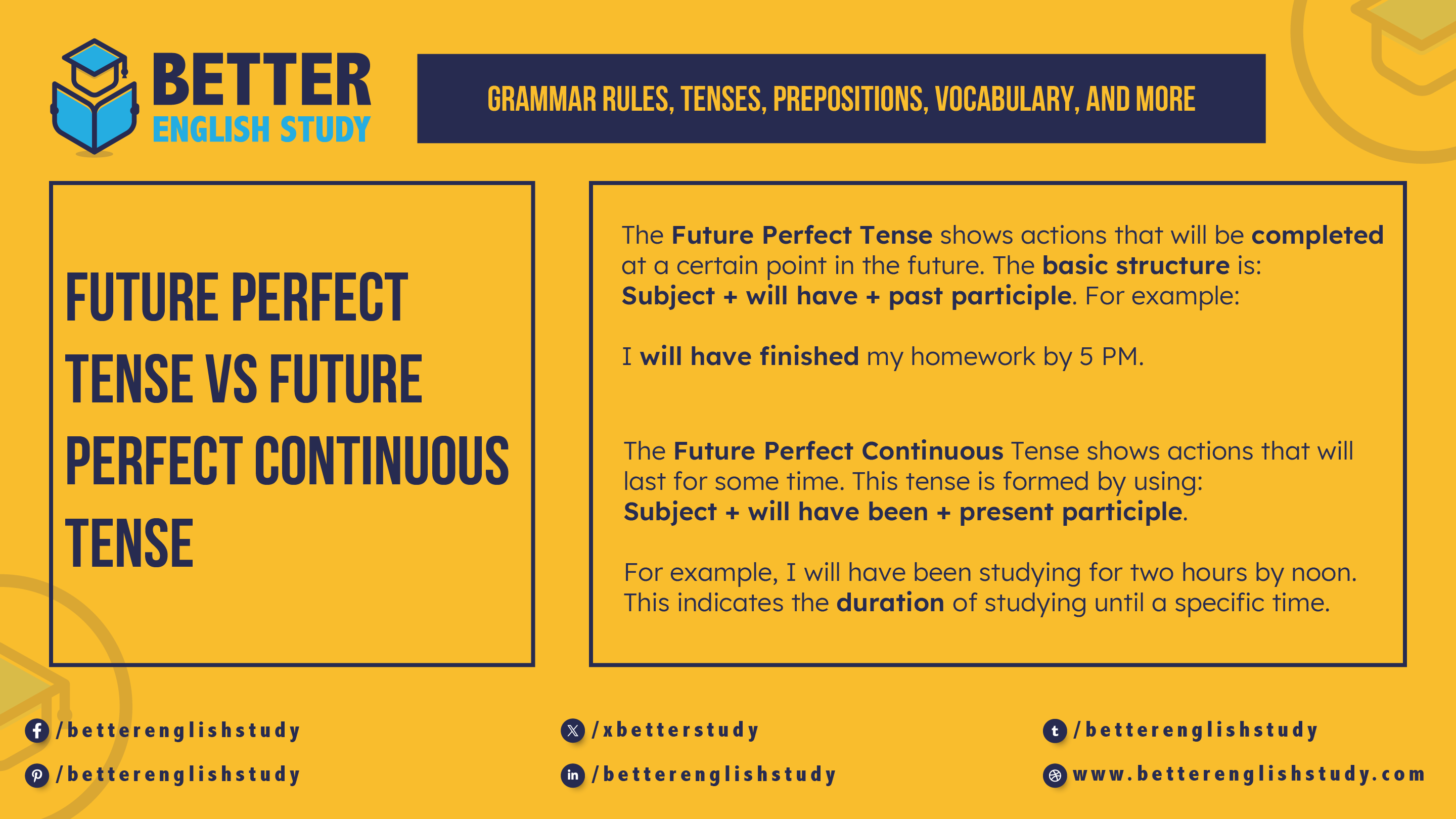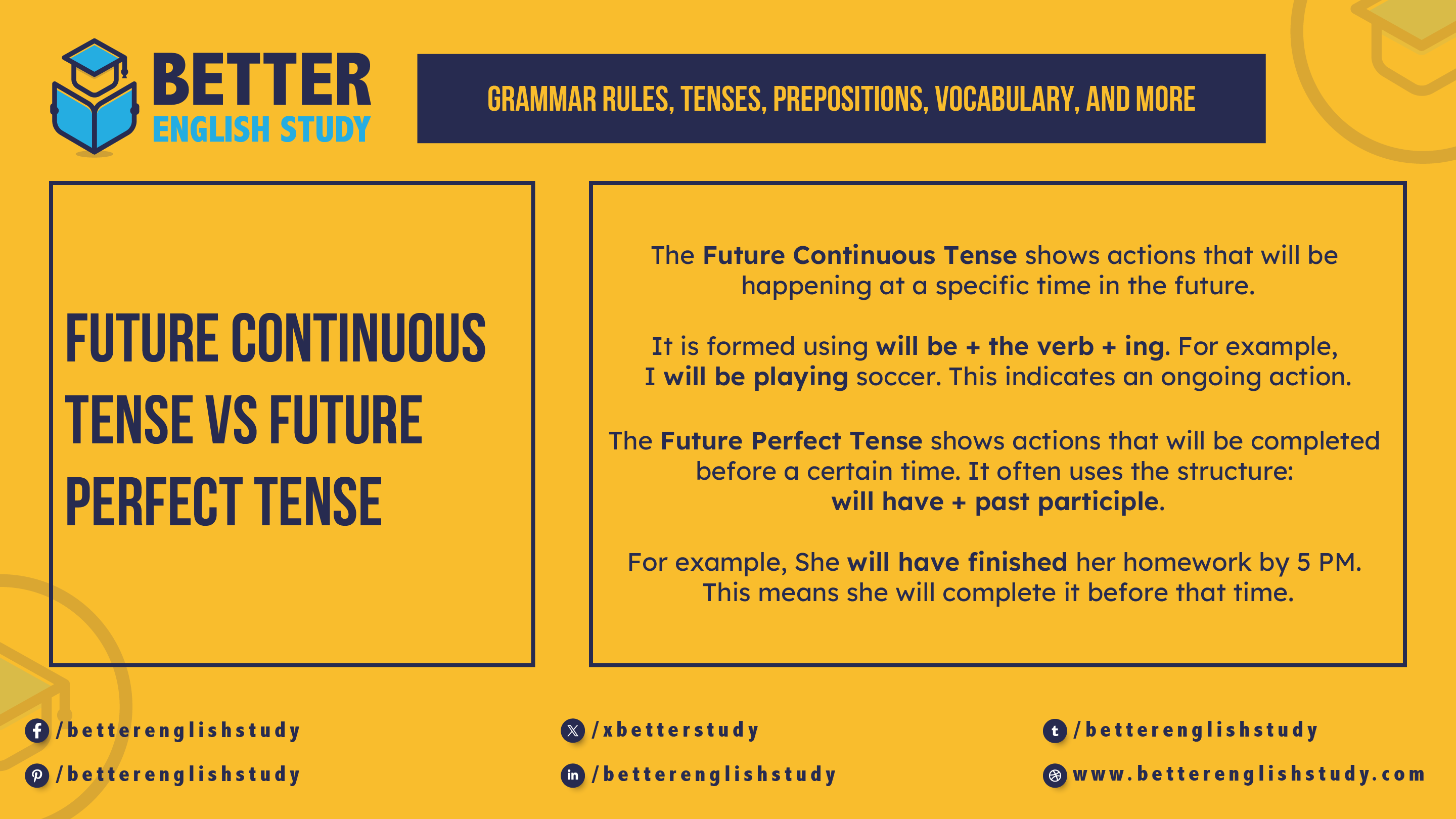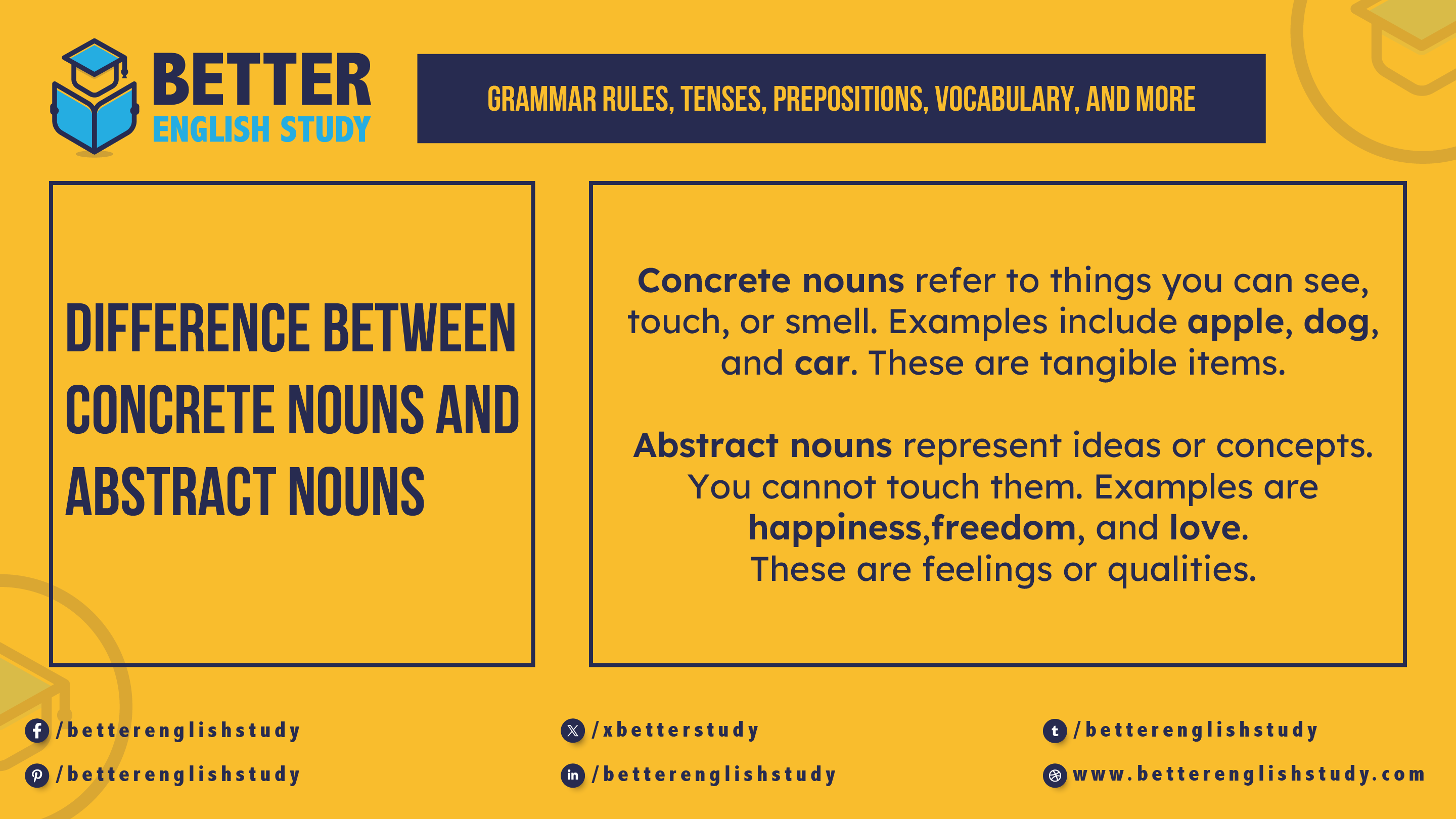Past Perfect Tense Vs Present Perfect Tense
The past perfect tense indicates an action completed before another past action, while the present perfect tense describes an action that occurred at an unspecified time before now. For example, “She had finished her homework before dinner” uses past perfect, whereas “She has finished her homework” employs present perfect. Understanding verb tenses is crucial for …

